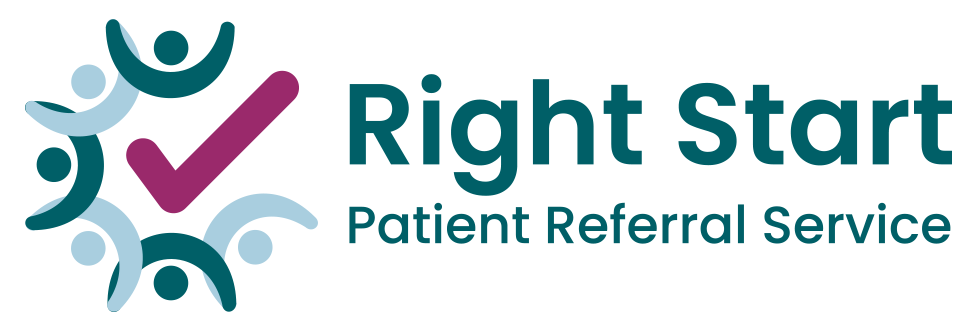Orthopaedic Research (ORUK) recently hosted the first National Bunions Think Tank, in Association with Rosetrees Trust. The Think Tank included many of the country’s leading foot health experts, including primary care physicians, podiatrists, physiotherapists, surgeons, academics and research funders, who came together to discuss ways to improve patient care and identify areas requiring further research.  The consensus in the room was that bunions, despite affecting around 10 million people in the UK alone, is underfunded and under-recognised as a serious, debilitating condition that impacts people’s personal, social and professional lives.…
The consensus in the room was that bunions, despite affecting around 10 million people in the UK alone, is underfunded and under-recognised as a serious, debilitating condition that impacts people’s personal, social and professional lives.…
Read more of this article
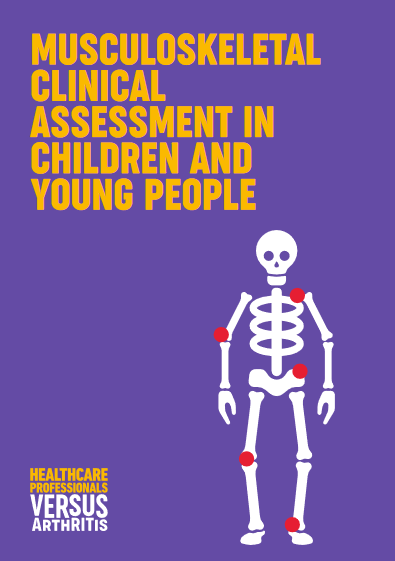 Versus Arthritis are excited to launch their newly updated paediatric clinical assessment guide for healthcare professionals supporting children and young people with arthritis and MSK conditions.
Versus Arthritis are excited to launch their newly updated paediatric clinical assessment guide for healthcare professionals supporting children and young people with arthritis and MSK conditions.
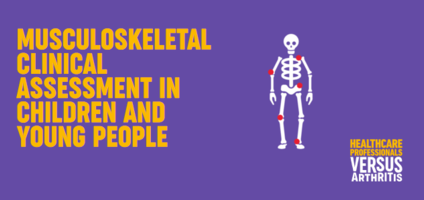
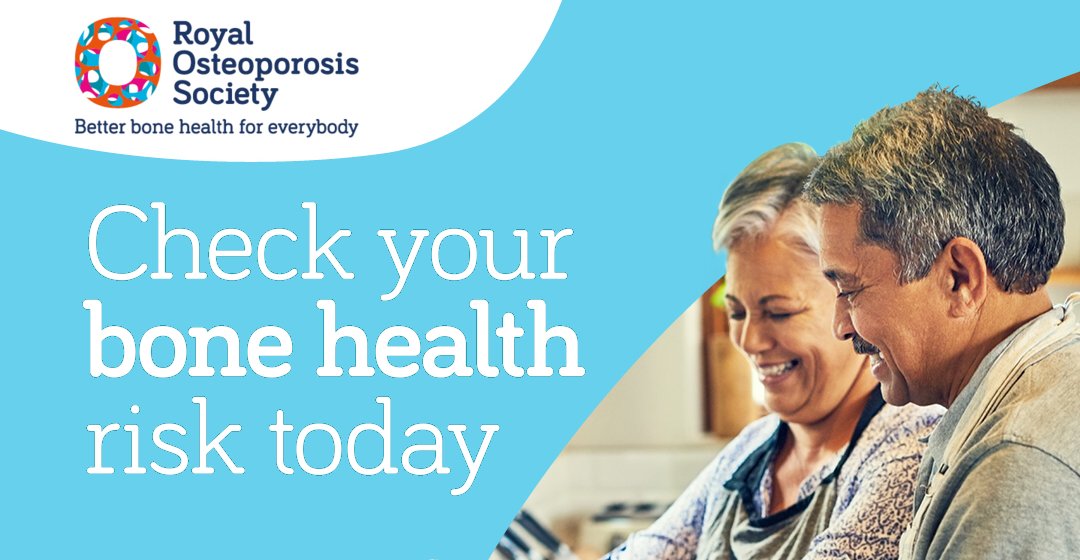
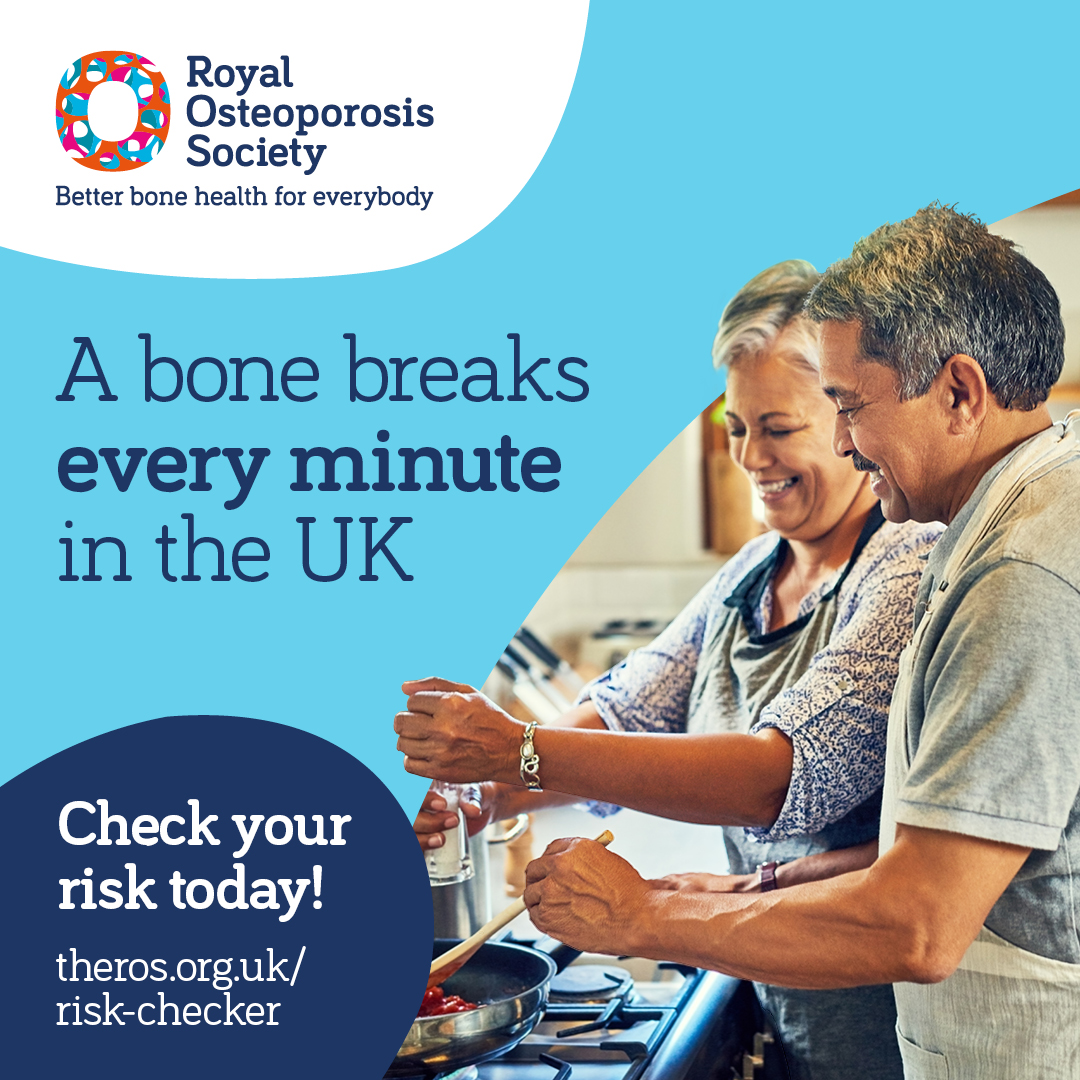 Did you know a bone breaks every minute in the UK? Join over 350,000 people taking action to protect their bone health.
Did you know a bone breaks every minute in the UK? Join over 350,000 people taking action to protect their bone health.
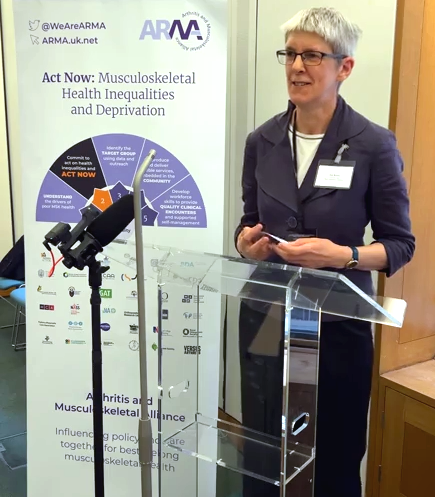 by Sue Brown, CEO ARMA
by Sue Brown, CEO ARMA

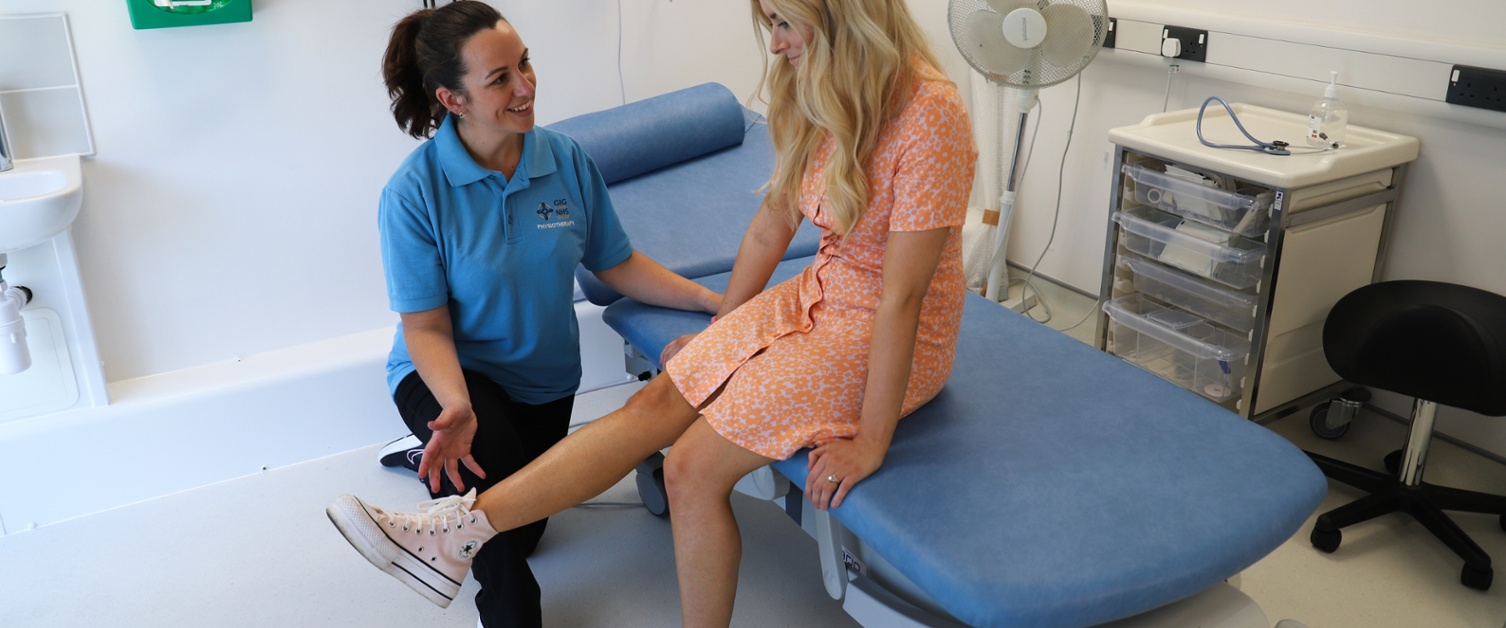 A new e-learning resource available to all healthcare professionals working across roles and sectors in Wales entitled “Managing Persistent Pain”. It has been by launched by Health Education and Improvement Wales (HEIW).
A new e-learning resource available to all healthcare professionals working across roles and sectors in Wales entitled “Managing Persistent Pain”. It has been by launched by Health Education and Improvement Wales (HEIW).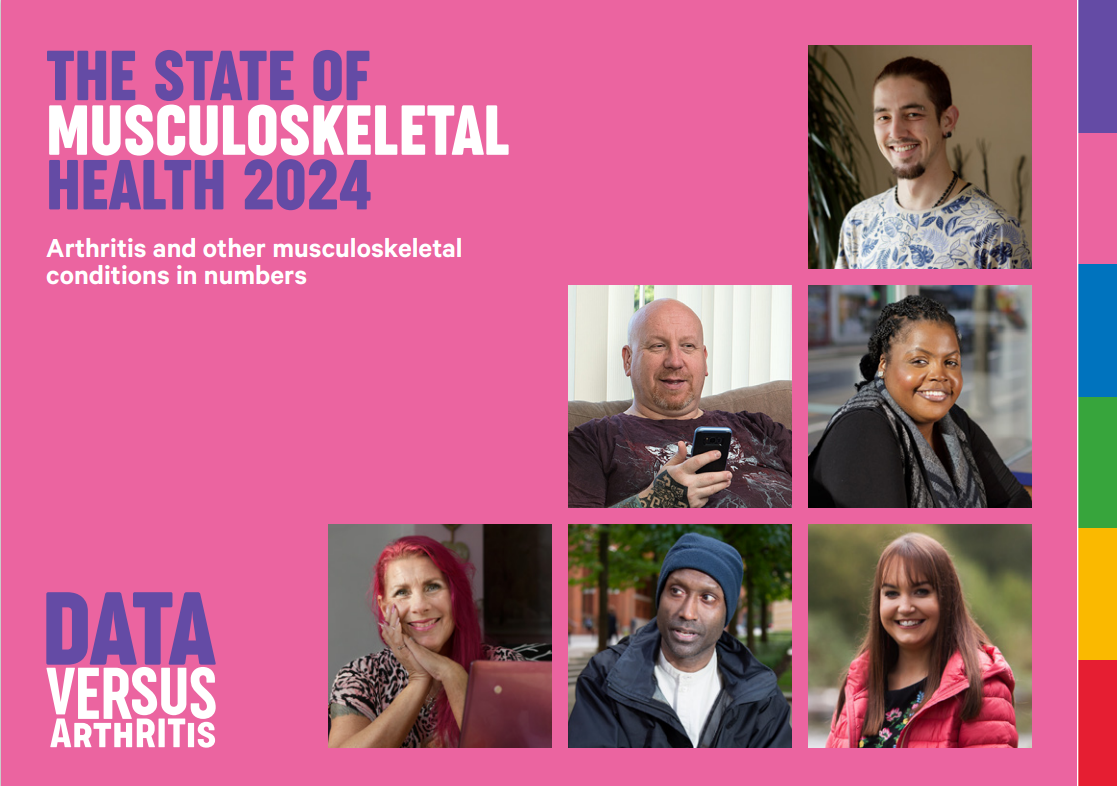

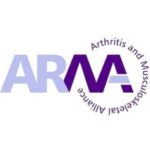
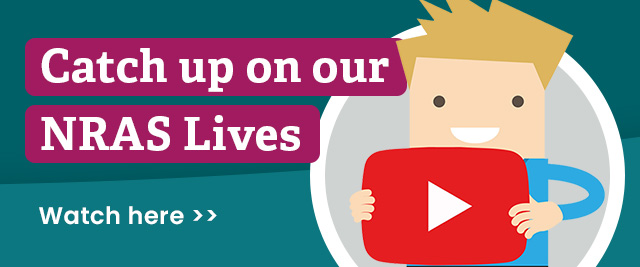 Due to many of the NRAS team going to the BSR conference later in the month, there is unfortunately no NRAS Live this month. However, if you have missed any of their live broadcasts – remember you can watch ALL previous NRAS Lives via their
Due to many of the NRAS team going to the BSR conference later in the month, there is unfortunately no NRAS Live this month. However, if you have missed any of their live broadcasts – remember you can watch ALL previous NRAS Lives via their 